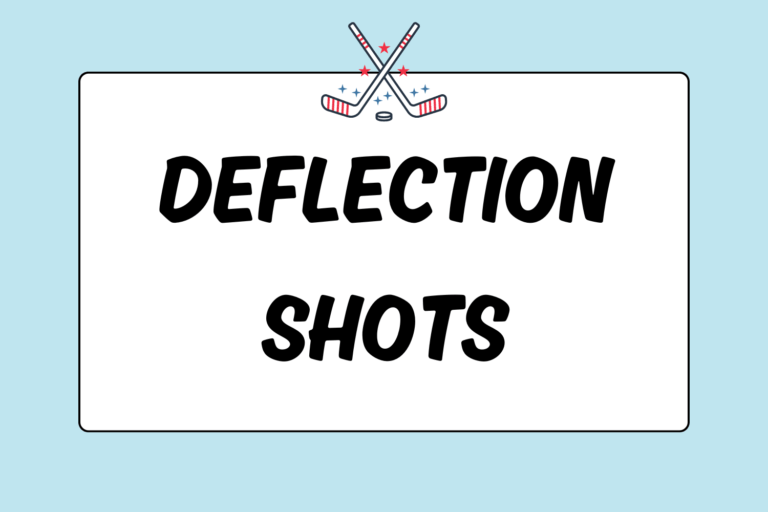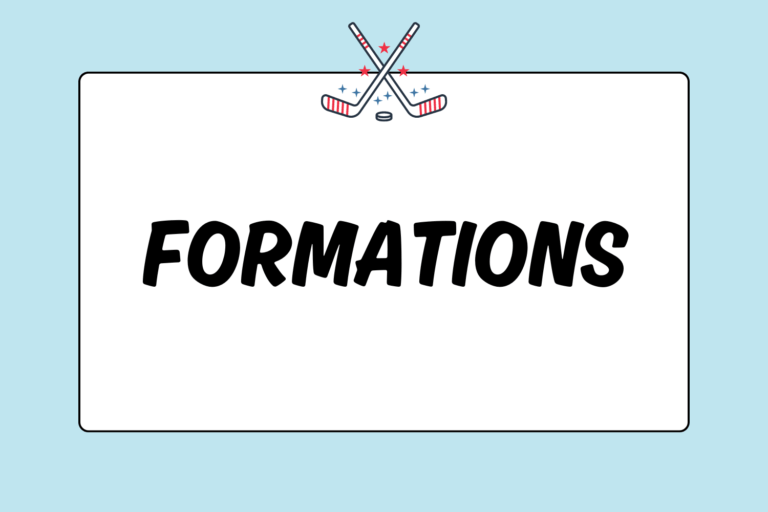Juggling academics, sports, and a social life can seem like a challenge at times. No matter the level, you’re always going to have conflicting responsibilities. But, don’t worry! Studies show that athletes actually do better in school than their non-athlete peers.
This guide will give you some tips on dealing with the many expectations that come with being a student-athlete.
Manage Your Time
So much of your time is devoted to practice and games that it can get overwhelming, especially when you add in the academic factor. Not to mention, the idea of having a social life outside of sports may seem impossible. Social life? What’s that?
To top it off, most student-athletes are involved in a number of other activities in addition to their academics and sports. They could have jobs, be involved in student council, or be members of national societies. Whatever your case may be, managing your time will help you prioritize these activities.
Get Organized
Buy a planner. These can be life savers! First, schedule all the appointments you have to make, like class and practice times. Then, schedule your flexible activities — like extra studying and hanging out with friends — around those times.
Get Enough Sleep
Never sacrifice your health in order to fit everything into your schedule. If you are getting less than five hours of sleep a night, you should cut a few activities out. Athletes need at least eight hours of sleep a night to recover. During deep sleep, the body heals its muscles and soft tissue through specific metabolic processes.
Fun Fact:
Do you ever wonder how much sleep is enough sleep compared to what you’re averaging every night?
- 6.5: The number of hours of sleep the average American gets per night.
- 9.5: The minimum hours of sleep endurance athletes are advised to get per night.
Eat Healthy
Sounds easy, right? It’s actually not. When you’re running around from class to practice, then from practice to work, you can forget to eat. Sometimes it is easier to grab fast food than it is to make a meal at home, and this is extremely unhealthy. While you may be getting your caloric intake, you won’t be eating nutritiously and your body won’t be able to replenish the nutrients lost during exercise.
Eating healthy will improve your athletic performance because your body will be able to process the carbohydrates, proteins, and fats into energy much easier. Furthermore, it’s important to realize that when you’re exercising you need a higher calorie intake than you regularly would. Here are some tips on how to stay healthy during your season:
- Plan your meals ahead of time: If you know you won’t be returning home for the day, pack your lunch, dinner, and snacks for the day. A few great snacks are fruit, granola bars, and nuts.
- Quality not quantity: Make sure that what you are eating is rich in nutrients. Avoid foods like chips and soda, which are dense in empty calories.
- Don’t skip meals: When you skip a meal your body has to use energy stored for exercising. Be consistent with your meals and you’ll have consistent energy intake.
- Protein: Your body needs protein to replenish the amino acids in your muscles. You can get these nutrients through meat and dairy products, or protein supplement drinks. These types of drinks are great sources of protein, iron, and zinc.
- Extra calories: When you work out, your body requires extra calories. This “extra” can range anywhere from an extra 300-2,000 calories. So depending on how much energy you are exerting, make sure you are eating enough. In short, never go hungry — make sure you are taking in more calories than you’re exerting.
Dealing with Stress

Know When Enough is Enough
If you find yourself sleep-deprived, experiencing high levels of anxiety, or malnourished, you are doing too much. At that point, it is time to take a step back and re-prioritize your activities. You need time for yourself, so check to see what you can cut out of your schedule or postpone until after season.
Hot Tip: Employers like Athletes
If you are thinking of quitting your sport because it doesn’t fit into your career, think again. Employers actually prefer athletes over non-athletes as employees. Why? Because athletes possess a self-confident and competitive nature that helps them do their very best in the workplace.
Also, if you held any leadership positions in your sport, put it on your resume! It shows employers that you have attributes that can’t be taught, like leadership and interpersonal group skills. So whether your goal is to become a professional athlete or an accountant, being an athlete will help you get there.
Talk it Out
If you ever feel overwhelmed, talk about it. Talk to your professors, coach, and teammates about how you feel. Chances are they’ve been through the same thing before. If you’re having a bad day because you’re exhausted, explain to your coach that you were up all night studying and that is why your performance was off. Or, talk to your professor if you have a game that conflicts with a test time. You can even ask your friends how they deal with their daily stress. Talk it out to work it out.
Have Fun!
Sports are fun. Sometimes you can get so wrapped up in all the responsibilities of life that you forget to enjoy yourself. Why did you join the sport in the first place? Was it to make friends? Win championships? Exercise? Whatever the reason, hold onto it during stressful times and remember why you became an athlete. If you lose your passion for playing, you’ll lose your abilities. So, remember to work towards your goals. Being a student-athlete will get you to the places you want to go.





